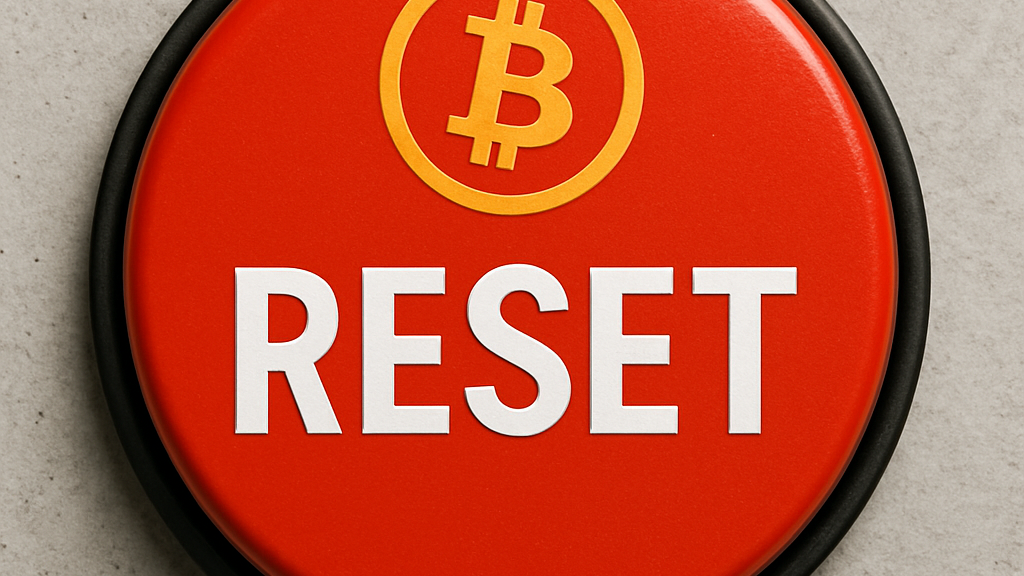In recent years, cryptocurrency has skyrocketed in popularity. It has experienced extreme volatility, reaching historic highs after once hitting dramatic lows. Bitcoin has led the charge—evolving from a niche topic discussed among tech enthusiasts in online forums to a recognized asset held by national wealth funds and featured in Wall Street ETFs.
However, with this explosive growth has come a fair share of problems: hacks, scams, and widespread devaluations, to name a few. In my opinion, the worst may still be ahead if the industry continues down its current path. It’s time for a reset—and here’s why.
Technology Is Falling Behind
Bitcoin and Ethereum have undoubtedly been the most transformative innovations in the blockchain space. Everything else has largely been a copycat effort or an incremental improvement. There’s nothing inherently wrong with that—provided it leads to mass adoption or real-world utility that improves people’s lives. But unfortunately, the crypto space has become overwhelmingly market-driven. In many cases, it no longer matters what is being built—as long as the token price goes up.
This is not sustainable. Even in traditional markets, companies must continue innovating and offering useful products, or they fail. In contrast, crypto rewards hype over substance.
Meanwhile, artificial intelligence has surpassed blockchain in both enterprise adoption and valuation. The once-bold claim that “crypto will change the world” now feels like a fading dream. To reclaim that vision, we need to focus on building truly innovative, usable technologies—beyond meme coins and redundant Layer 1 or Layer 2 solutions.
The Market Is Oversaturated with Useless Tokens
A quick glance at CoinGecko or CoinMarketCap reveals thousands of tokens, many of which serve no purpose and have no active development. In 2024 alone, over 21,000 cryptocurrencies became defunct. Investigative reporting by Forbes uncovered numerous “ghost chains” like JUNO, Bitcoin Cash, and EOS—projects with minimal wallet activity and almost no transactions.
This bloated landscape is harmful. It creates confusion, facilitates scams, and ultimately erodes public trust. Many of these coins exist solely to enrich their creators, waiting to be dumped on unsuspecting investors. It’s a sign of oversaturation, not innovation.
Government Involvement Is Undermining the Vision
As I’ve written before, the original vision of Bitcoin was to be decentralized and resistant to government interference. That ethos was clearly outlined in Satoshi Nakamoto’s legendary whitepaper. Yet today, we see increasing governmental involvement—through the creation of crypto funds, integration with pension plans, and looming regulatory control.
Ironically, the very institutions Bitcoin sought to escape are now embedding themselves in its future. While there are still tokens like Litecoin and Monero that carry the torch of decentralization, the closer crypto moves toward government partnerships, the more centralized and censored it risks becoming.
Time to Take a Step Back
I’m a firm believer that progress sometimes requires reflection. Crypto has come a long way and made meaningful contributions to the financial world. But to move forward responsibly, we must return to the fundamentals—technology, innovation, decentralization, and real-world utility.
It’s time for a reset.



















Leave a Reply